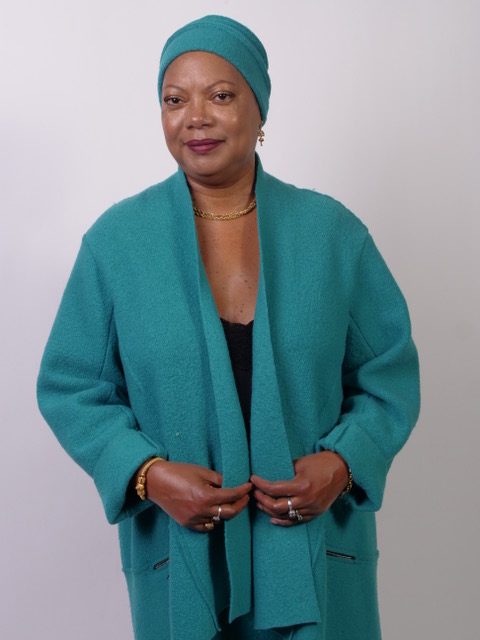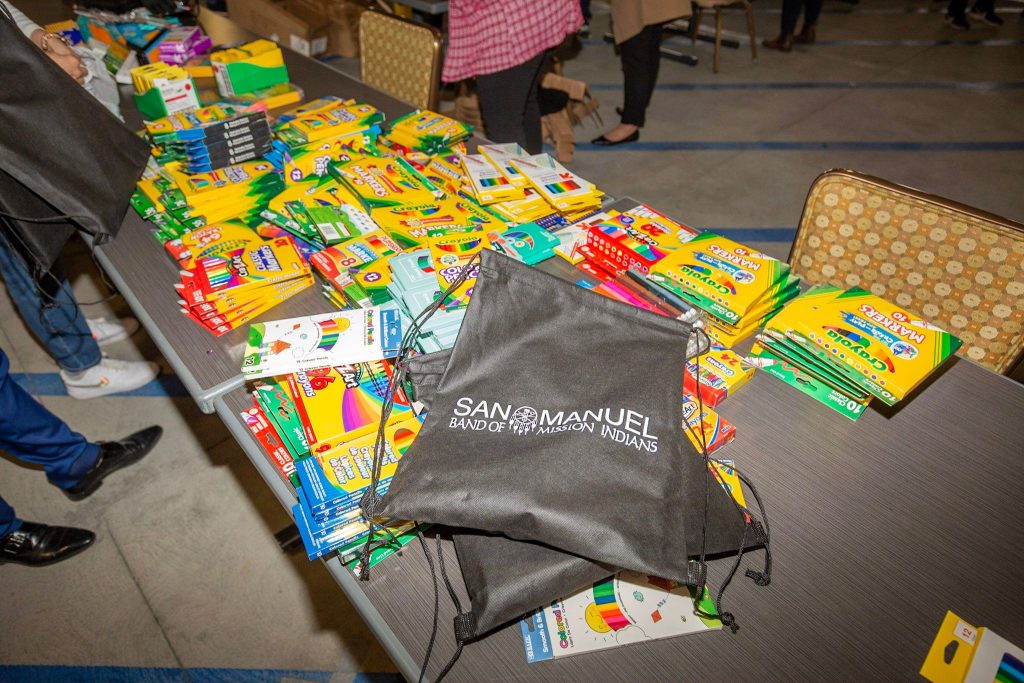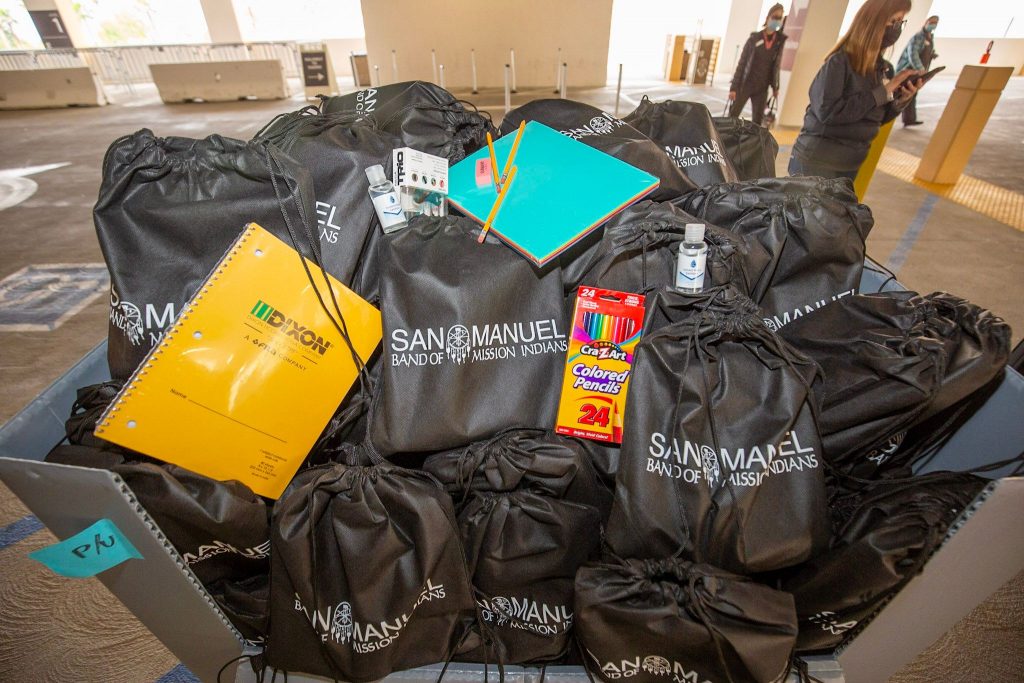“My general philosophy is, have I been? No? Okay, then — let’s go,” Dr. Jeremiah Gilbert said with a laugh. An avid traveler, the San Bernardino Valley College (SBVC) mathematics professor has carried a wide-angle lens through more than 80 countries. He enjoys chronicling the places around him — both at home and abroad. This year, a compilation of his circular photographs was published in the local anthology San Bernardino, Singing, and his book of travel tales was published, titled Can’t Get There From Here: Fifty Tales of Travel.
Many people with his level of interest in other cultures and societies might have chosen to live abroad temporarily or permanently, but not Gilbert. He currently resides in Loma Linda and teaches today in the same town in which he was born — San Bernardino, Calif.
A graduate of Colton High School at the age of 15, Gilbert’s academic journey kept him bound to the Valley as he was too young to move away from home for university. He enrolled at SBVC before transferring on to California State University, San Bernardino where he earned a Bachelor of Arts in Mathematics. He later earned a Master of Arts in Mathematics from University of California, Riverside and a Ph.D. in Education from Capella University.
He returned to SBVC professionally as a part-time instructor, where he taught classes year-round. In 2005, he became a full-time instructor. With the perk of having summers off, he booked his first trip abroad. In 2006, he celebrated his thirty-fifth birthday on the Great Wall of China on his way to Tibet.
When he first began traveling, Gilbert used an all-purpose lens on his camera, a 28–30 mm. Eventually, he became more comfortable with shooting and noticed something. “As I was going along, I realized I didn’t zoom in a lot, but there were many times I wished I could pull back more,” Gilbert explained.
As curious as they come, Gilbert invested in wide-angle lenses — the wider, the better. Eventually, he picked up an 8 mm circular fisheye lens, the widest angle possible, which literally captures a circular photograph. The style is uncommon and used mostly for medical purposes, but it posed an interesting challenge to him. He learned how to stand without capturing both his feet and stomach. He learned the best conditions to shoot in — “Never a sunny day,” he advised. He learned that the best subjects to shoot were things that were already circular or straight lines.
While he took the lens abroad a few times, he found that the best place to shoot was SBVC’s campus, especially the newer modern architecture that features clean, straight lines.
“With modern architecture, you can bend the lines in interesting ways and create really cool effects,” Gilbert said. “It posed an interesting challenge for me because I both had to learn how to shoot, but also how to edit. Did you know you can crop a circle?”
Gilbert submitted 14 of these circular photographs to the local anthology, San Bernardino, Singing, and all were accepted. The result is a world traveler’s wide-angle perspective on his hometown’s crown jewel.
Gilbert’s website, jeremiahgilbert.com, has always featured photography from abroad. During a trip to London in 2019, he began working on a section of short stories as well — travel tales, he called them. He wanted to share the mishaps and funny occurrences that can only happen during international travel.
He captured the memory of having to be smuggled across a checkpoint in Bolivia due to miscommunication. “We left our passports behind, knowing we weren’t going out of the country,” he explained. “No one told us we would need passports to go through checkpoints.”
He penned the story of his 40th birthday in Paris — a lovely celebration until a pickpocket swiped his money and identification. With the robbery occurring on July 3 and the U.S. Embassy closed on July 4, Gilbert barely had time to acquire a passport before his flight left Paris on July 5.
He worked on these travel tales a little bit at a time, he said. Then in February 2020 while his wife was visiting family in Beijing, news of the novel coronavirus broke. Gilbert’s instinct told him to book a backup flight for her. He was glad he did when her March flight was canceled with no promise of a reschedule until May — but then the backup flight was canceled. With a resolve to not see his wife stranded abroad, Gilbert reunited his family just in the knick of time.
“I’m not sure we would have been able to get her after we did,” he admitted. The original essay, “Can’t Get There From Here“ chronicles his family’s reunion and closes what is now the book by the same title.
With his wife safely home, Gilbert made the most of the historic global pandemic by writing 50 travel tales and publishing them in September 2020. His book Can’t Get There From Here: Fifty Tales of Travel is available on Amazon.com.
Thus far, Gilbert has seen 85 countries. (His wife’s one rule is that she has to stay one country ahead of him; she sits at 86.) But for him, there is really no place like Southern California.
“I’m one of those rare native southern Californians,” he laughs. “I know this area backward and forward. I love the diversity of it, how multicultural it is, and also how much access we have to different landscapes.”
With LAX nearby, he knows that any destination he can imagine is just a flight or two away, and during times like these when he can’t travel? “We have the mountains, desert and beach all within a two-hour drive.”
“It’s everything I need when I’m not traveling.”
 Westside Story Newspaper – Online The News of The Empire – Sharing the Quest for Excellence
Westside Story Newspaper – Online The News of The Empire – Sharing the Quest for Excellence


